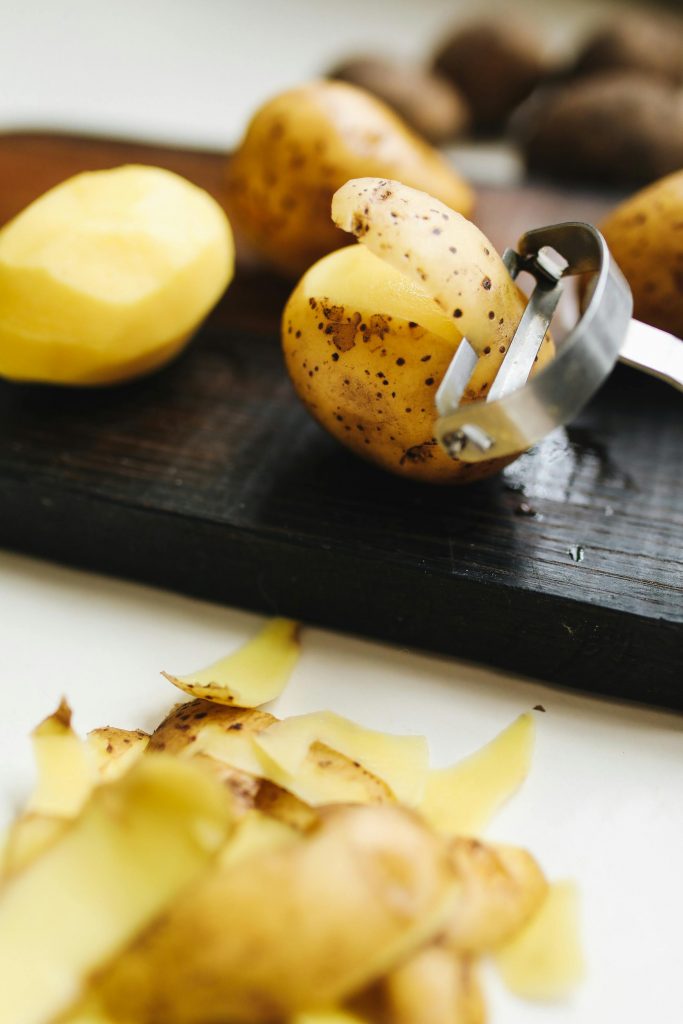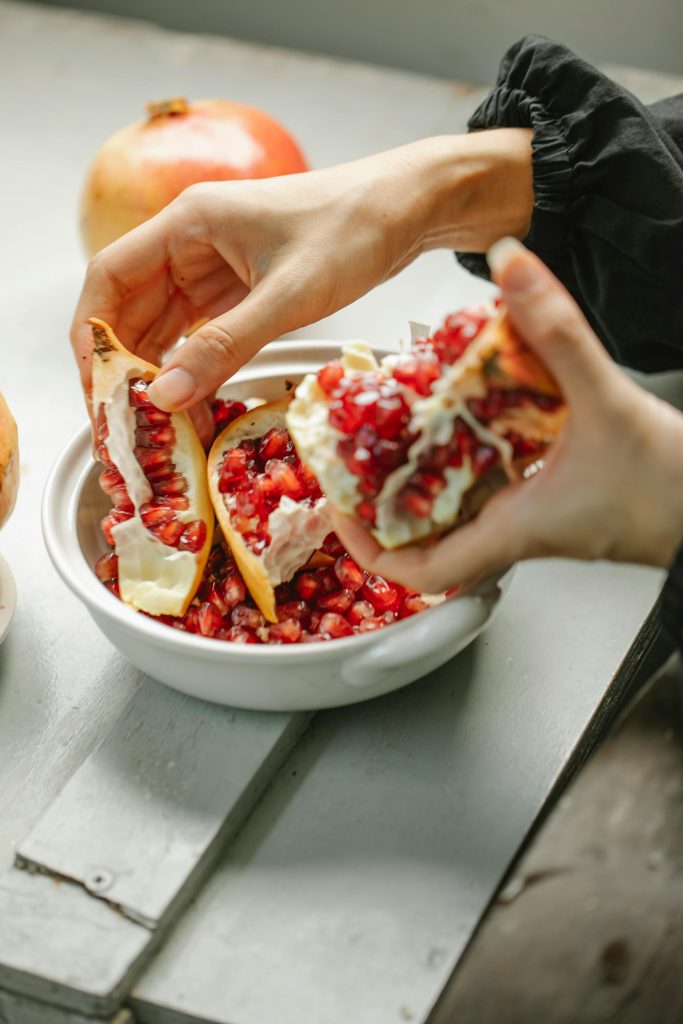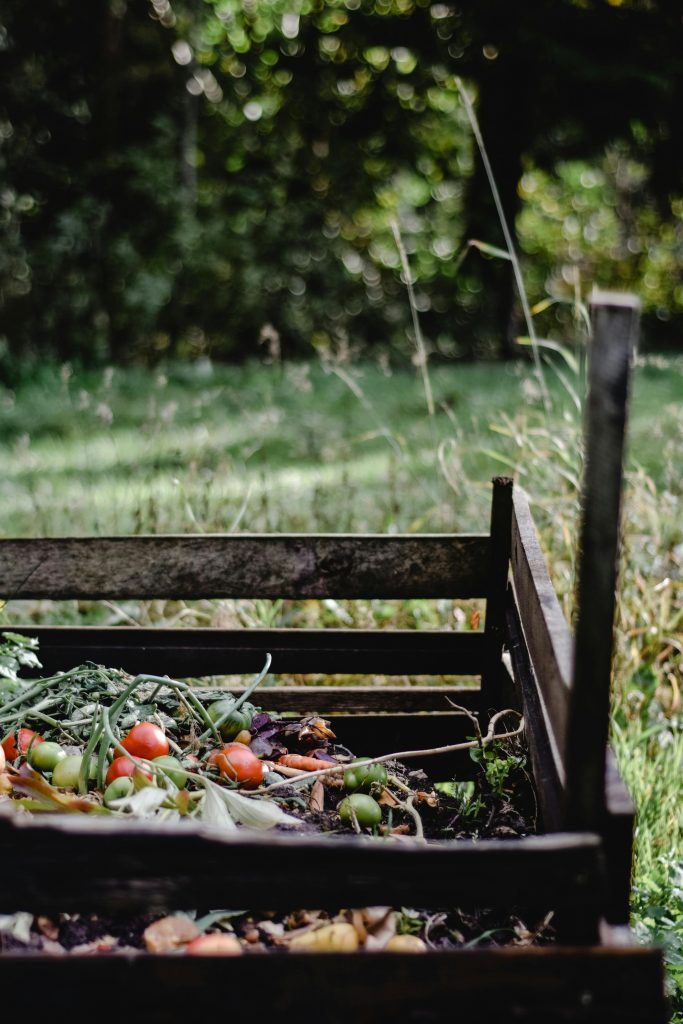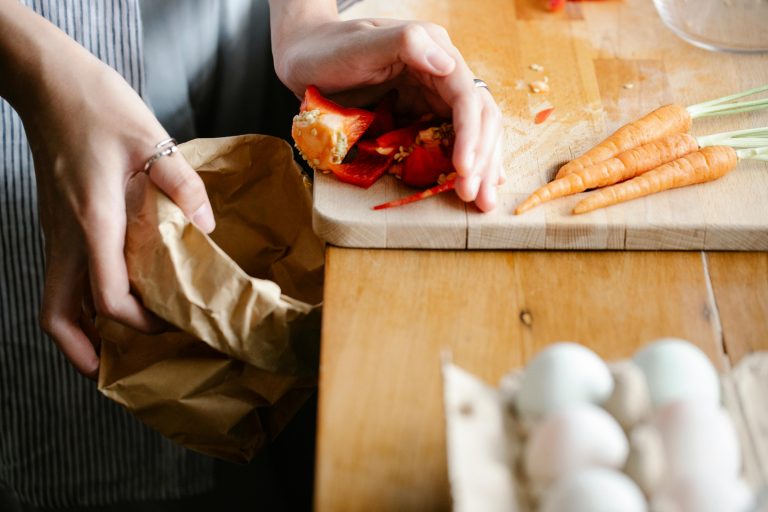Ever thought of turning your table scraps into something sensational? As food waste becomes a growing concern around the world, the kitchen has become a place of both creativity and climate action.
In a recent article that we shared on how restaurants are serving sustainability this year, it discusses the concern of food costs that are continuing to rise and profit margins tightening, leaving South Africa’s restaurant industry to urgently respond and innovate.
With food expenses making up as much as 40% of a restaurant’s overhead, reducing waste is no longer just an environmental concern; it’s a business imperative. A quiet revolution is unfolding in kitchens across the country: restaurants are embracing sustainability not only to protect the planet but to stay viable in a competitive market. From banana peel bacon to spent grain granola, upcycled food is quickly becoming the future of cooking—and we’re all for it.
Whether you’re a seasoned chef or a home cook looking to make a difference, here are simple, delicious ways to transform your scraps into gourmet meals, grow new produce, and even nourish your garden:
Veggie offcuts
Don’t toss those carrot peels or leek tops! Keep a freezer bag on hand to collect all your clean veg scraps throughout the week—think onion skins, celery ends, herb stems. Once full, simmer them with water, salt, and pepper to create a hearty homemade stock. Strain and freeze for soups, stews, or sauces.

For a snackable twist, toss potato, carrot, or beet peels in olive oil and seasoning, then roast them into crispy veggie chips. Zero waste and zero guilt.
Bread
Stale bread is a goldmine in disguise. Cube it and toss with olive oil and herbs to make crunchy croutons. Or go sweet with a comforting bread pudding—just soak it in a mix of eggs, milk, sugar, and spice before baking. Want something in between? Make a rustic panzanella salad with tomatoes and a drizzle of vinaigrette.
Feeling adventurous? Rye bread can be transformed into Danish-style porridge or toasted into cinnamon-sugar breadcrumbs for a crunchy dessert topping.
Fruit scraps
Citrus peels, apple cores, and berry tops can all be repurposed. Simmer them to make infused water, syrups, or even homemade vinegar. Apple cores steeped in cider vinegar create a tangy base for dressings or marinades. And citrus zest? Mix it with sugar or salt for a vibrant finish on baked goods or roasted vegetables.
Bonus tip: Preserve leftover tomatoes and bell peppers as chutney, jam, or even Romesco-style dressing.

Spreads and sauces
Leftover beans, lentils, or roasted veg like carrots can be blitzed into a flavourful hummus or dip. Add garlic, lemon, olive oil—or even tahini or feta—for depth. Spread it on toast, use it as a sandwich filling, or pair it with roasted pita chips for a gourmet snack.
Wilted herbs can also be rescued—blend them into herb oil or mix with mayo for an aromatic spread. Even the tougher tops of leeks can be puréed for flavourful sauces.
Grill, pickle, or preserve
Got too many mushrooms or courgettes? Grill and store them in olive oil with dried herbs. Not only do they last longer, but they’re perfect for antipasti platters or sandwiches. Pickling is another easy way to extend shelf life—use up extra beets, carrots, or cucumbers and add a zingy twist to your next meal.
Meat
Don’t throw out those small bits of cooked meat. Freeze them in portions and later use them in omelettes, casseroles, soups, or even hash. If you’ve got leftover gravy or roast juices, stir them into stews or risotto for extra flavour.
And if you’ve made stock from meat bones, use it as the base for luxurious dishes like risotto—just add butter and parmesan for a restaurant-quality meal at home.
Grow new food from scraps
Yes, you can regrow food right from your scraps! Lettuce, spring onions, bok choy, and even herbs will sprout again with a little water and sunshine on your windowsill. It’s a small but satisfying way to recycle food—and save a trip to the shop.

Compost
Not all scraps are edible—but they’re still useful. Eggshells, coffee grounds, and fruit peels make excellent compost. If you’ve got a garden, start a small compost bin. The result? Rich, nutrient-packed fertiliser that will help you grow your next batch of homegrown veg.
Zero-waste cooking starts with how you shop and plan. Before buying new groceries, check what you have and plan meals around them. Store food properly, label leftovers, and get creative with what is on hand. So, the next time you’re about to toss those scraps, think twice—they might just be the secret ingredient to your next gourmet meal.
ALSO SEE: How South African restaurants are serving sustainability in 2025
Going Green: How South African restaurants are serving sustainability in 2025
Image: Pexels

